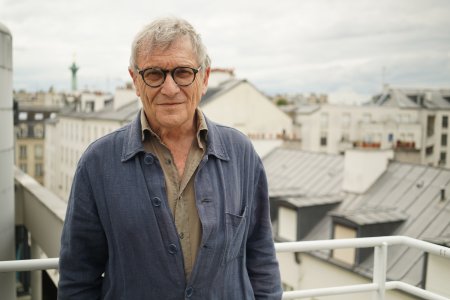 Interview
Interview
10/16/2023
Rony Brauman
This interview by Didier Billion and Marc Verzeroli was originally published in the Revue internationale et stratégique. To examine the concept of de-westernization, Rony Brauman describes the current state of international relations, marked by fluid alliances and new power relationships. He states and details his reservations about whether universal values truly exist and how the international criminal justice system functions.
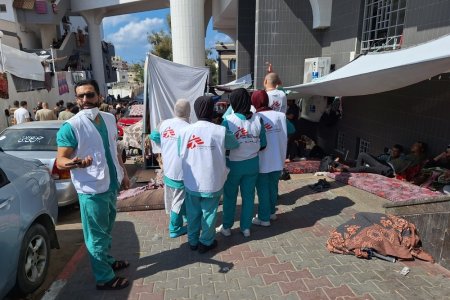 MSF
In the media
MSF
In the media
11/16/2023
Michaël Neuman
Michaël Neuman was invited to the Debate of France 24 to talk about the dire conditions in which the Palestinian population lives. He denounces the massacre that is happening in the Gaza strip which keeps increasing days after days, despite growing international condemnations, especially after the armed intervention of the Israeli soldiers justified by the alleged tunnels occupied by the Hamas below the Al Shifa Hospital.
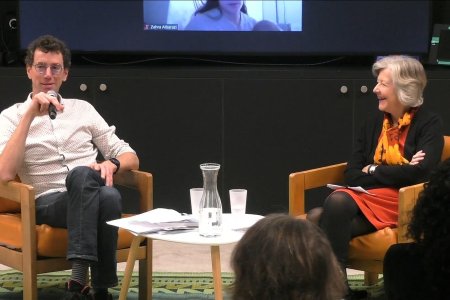 Conference
Conference
12/06/2023 - 07:30 PM 09:30 PM
Ahmed Youssef
Agnès Levallois
Joseph Daher
Crash and iReMMO were pleased to invite you on Wednesday 6 December at 6.30pm to a round table discussion on the challenges, constraints, and limits of humanitarian aid in Syrian government zones.
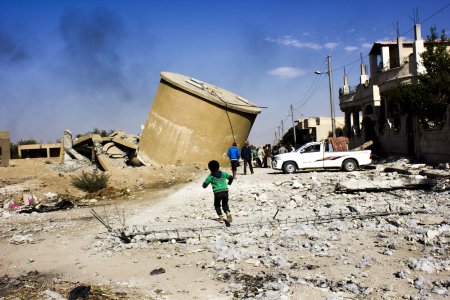 Diala Ghassan/MSF
Analysis
Diala Ghassan/MSF
Analysis
03/15/2021
Hakim Khaldi
This article was first published in Issue 2, Volume 2 of The Journal of Humanitarian Affairs.
How can a medical humanitarian organisation deliver emergency assistance in Syria when there is nowhere in the country where civilians, the wounded and their families, medical personnel and aid workers are not targeted? Not in the areas controlled by the government, nor in those held by the Kurdish Democratic Union Party (PYD), Islamic State of Iraq and the Levant (ISIL) or the different rebel groups. So what action could be taken, and how? Remotely or on site? At the very least, we had to decipher the diverging political and military agendas, and then adapt, persist or sometimes just give up. In this article, I will present the full range of methods used to acquire knowledge and obtain information as well as the various networks used to carry out this venture. I will also show how Médecins Sans Frontières’ operations became a balancing act, punctuated by episodes of adapting to the various difficulties encountered.
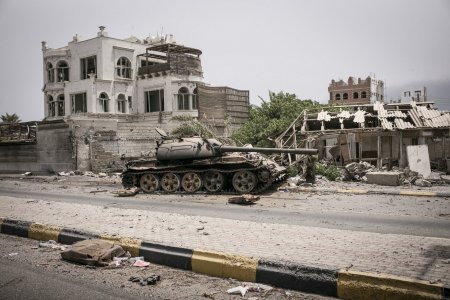 Guillaume Binet/
Review
Guillaume Binet/
Review
07/03/2018
Elba Rahmouni
Tomorrow’s war? Bertrand Badie is pessimistic given the extremely high tension in the Middle East. Modern conflicts in the region are defined by their uncertain, composite and heterogeneous nature, as well as by their permanence, as there are no winners and no losers. The situation can be interpreted vertically as a “superposition of logics of conflict” and horizontally as an “aggregate of logics of coalition”. Bertrand Badie explained that a conflict situation is really dangerous when it combines several logics of conflict and several logics of alliance, making it virtually impossible to reach a compromise. Today, we can distinguish fives layers of conflict in the Middle East, a level of superposition never previously attained, according to this specialist in international relations.
 Interview
Interview



